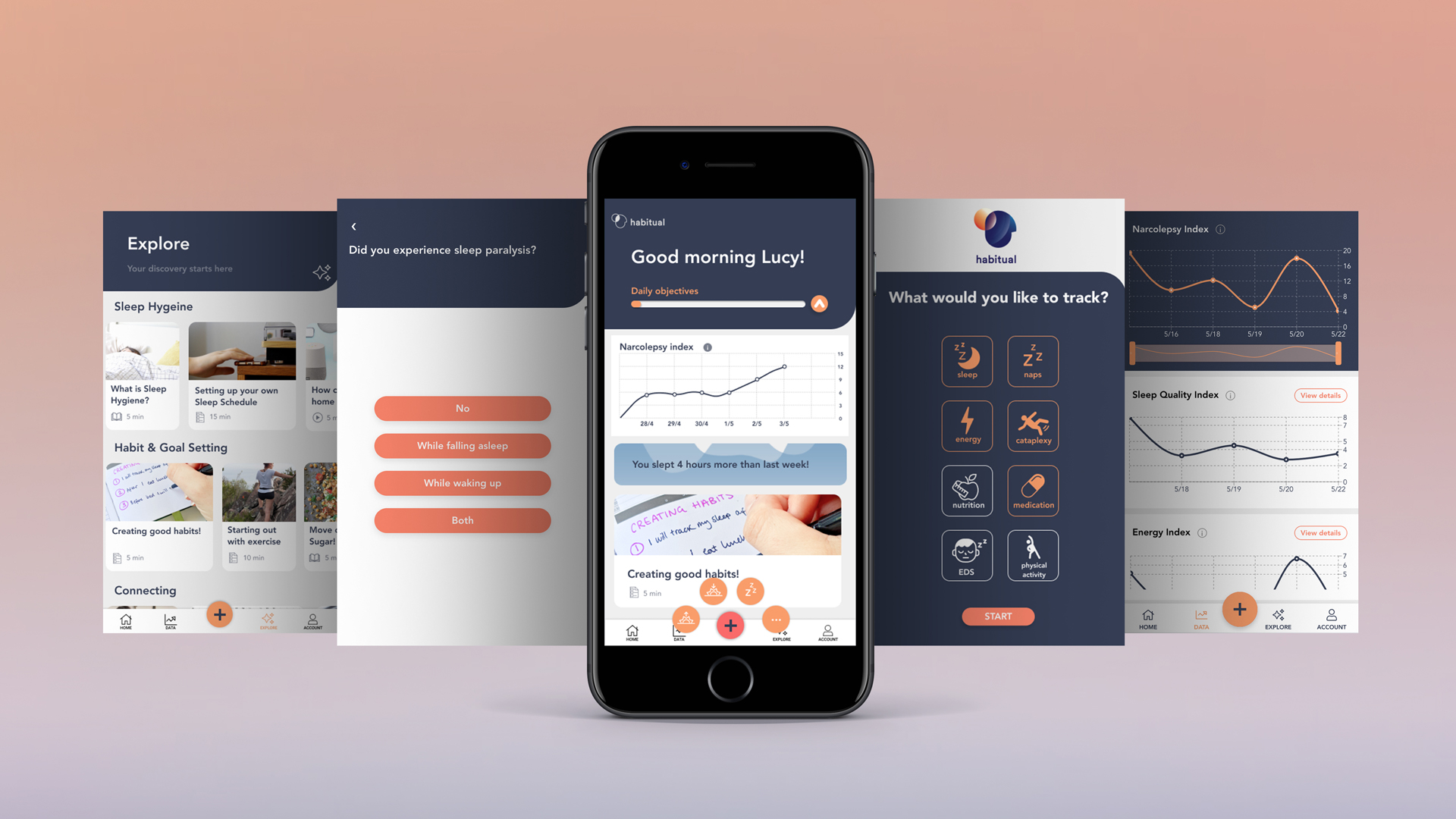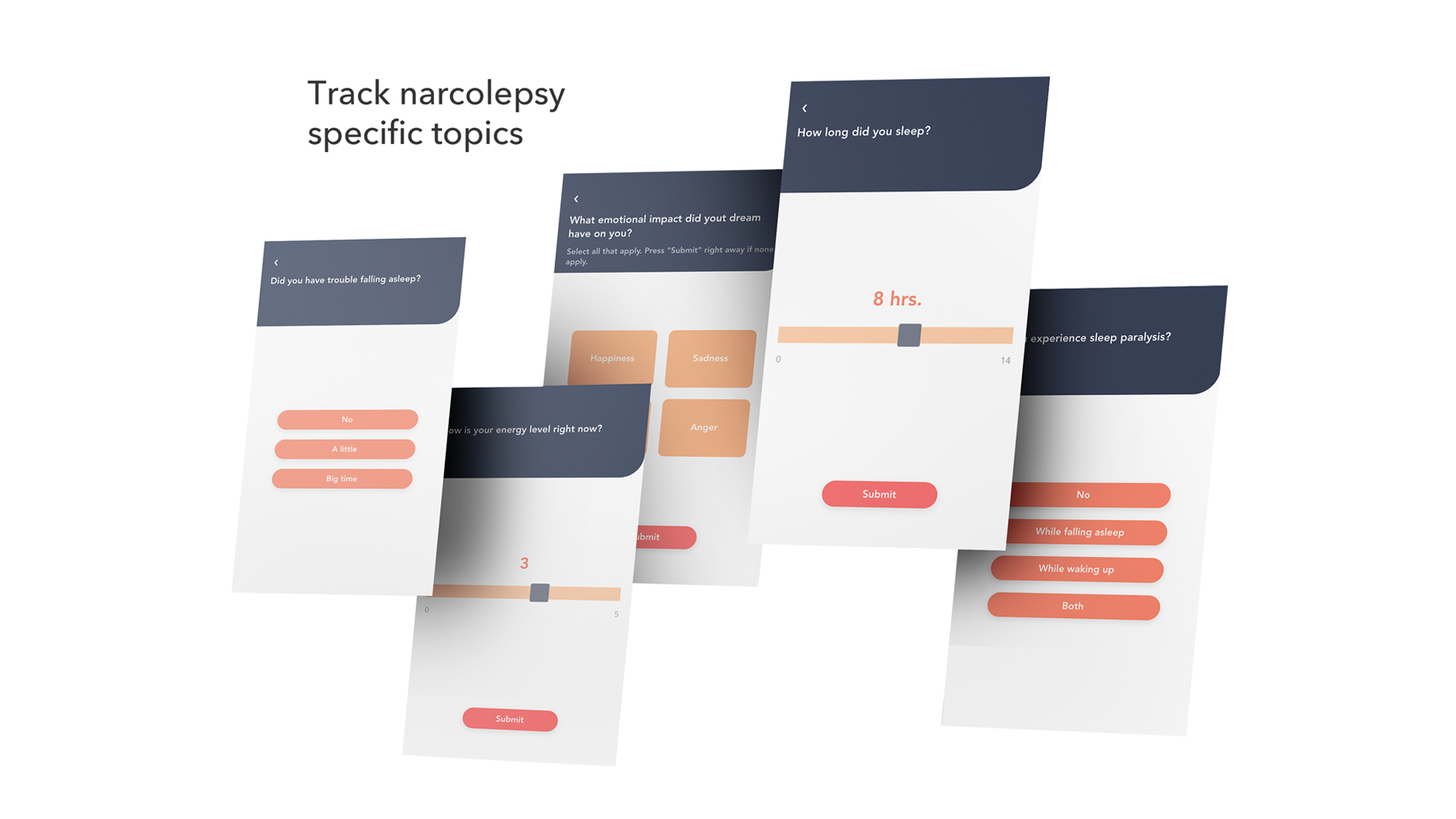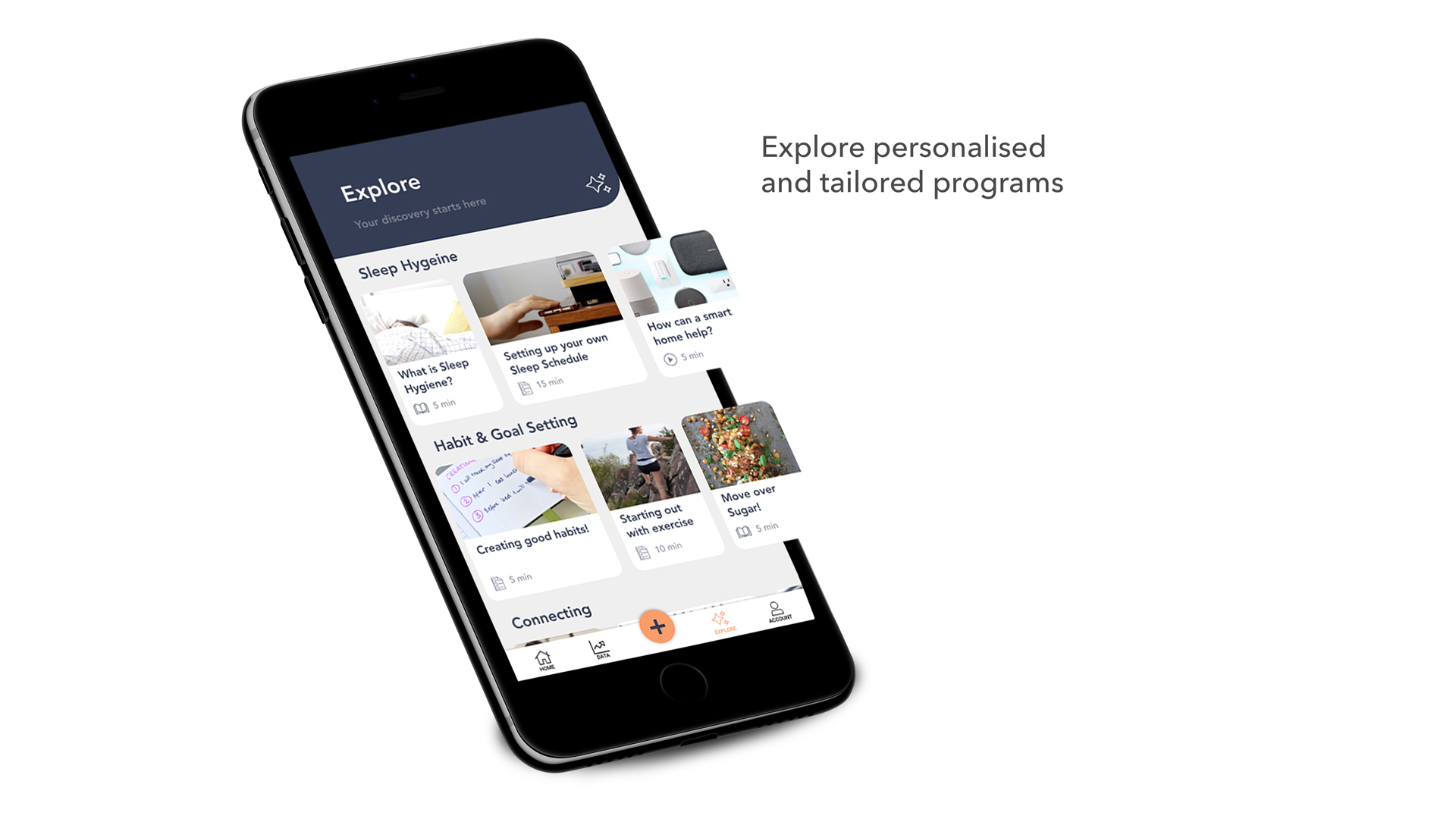Habitual
Habitual empowers people with narcolepsy to understand their condition, manage their lifestyle and participate in society on their own terms.
In collaboration with Japanese biopharmaceutical company Takeda, a team of students for Design Factory Melbourne and the Hasso Plattner Institute, Germany, developed an app for people with narcolepsy to track their unique symptoms, medication and habits, allowing them to be better informed on how these factors correlate.
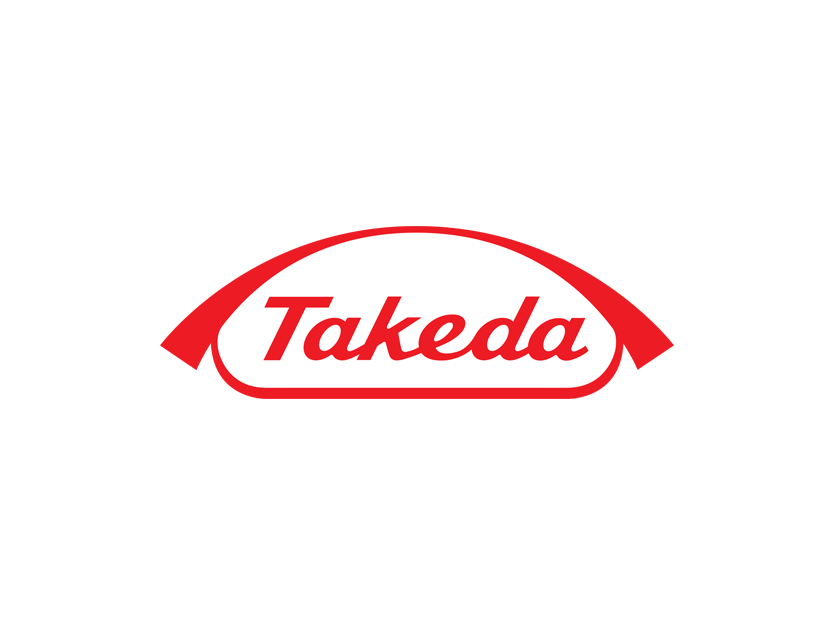
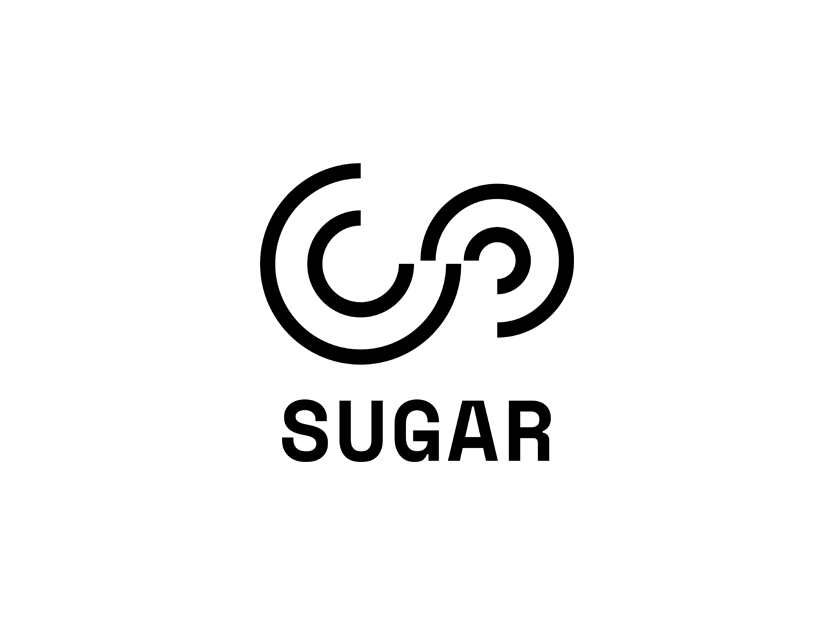

THE TEAM




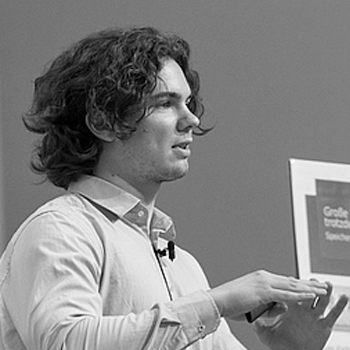
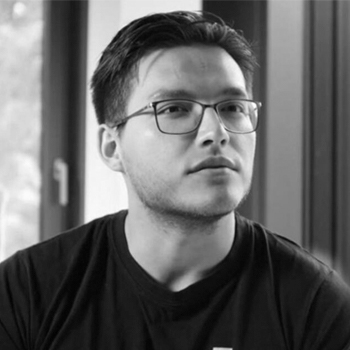
THE PARTNER
Based in Japan, Takeda is a patient-focused, values-based, R&D-driven global biopharmaceutical company. Their mission is to continue contributing to the health of patients worldwide through the creation of superior medicines. With the patient at the centre, Takeda aims to continue to implement changes to create innovation in the future.
CHALLENGE
How might we support people living with narcolepsy to predict and manage their condition? Behavioural changes are a fundamental part of managing narcolepsy. The condition is treated by a combination of medications and the adoption of behavioural and lifestyle changes (e.g. sleep hygiene, exercise, diet).
As narcolepsy is so diverse and each person’s experience is varied, the challenge for many people with narcolepsy and their specialists is to understand their conditions and how the various symptoms and lifestyle factors correlate.
SOLUTION
The team developed Habitual, an app which acts as a personal companion for people living with narcolepsy. It enables them to learn about their individual condition and understand how their symptoms, medications and other factors correlate with each other. The team found that with regular tracking, a person with narcolepsy can see how their condition correlates with their medication, their lifestyle, and most importantly, the impact on their sleep. Since narcolepsy is so diverse, Habitual allows people with narcolepsy to track their specific symptoms.
With regular use, they will be able to use the tracked data to better adapt their lifestyles, schedules and habits. In the future, the team hopes Habitual will be invaluable to people with narcolepsy by benefitting them both immediately and in the long term.

